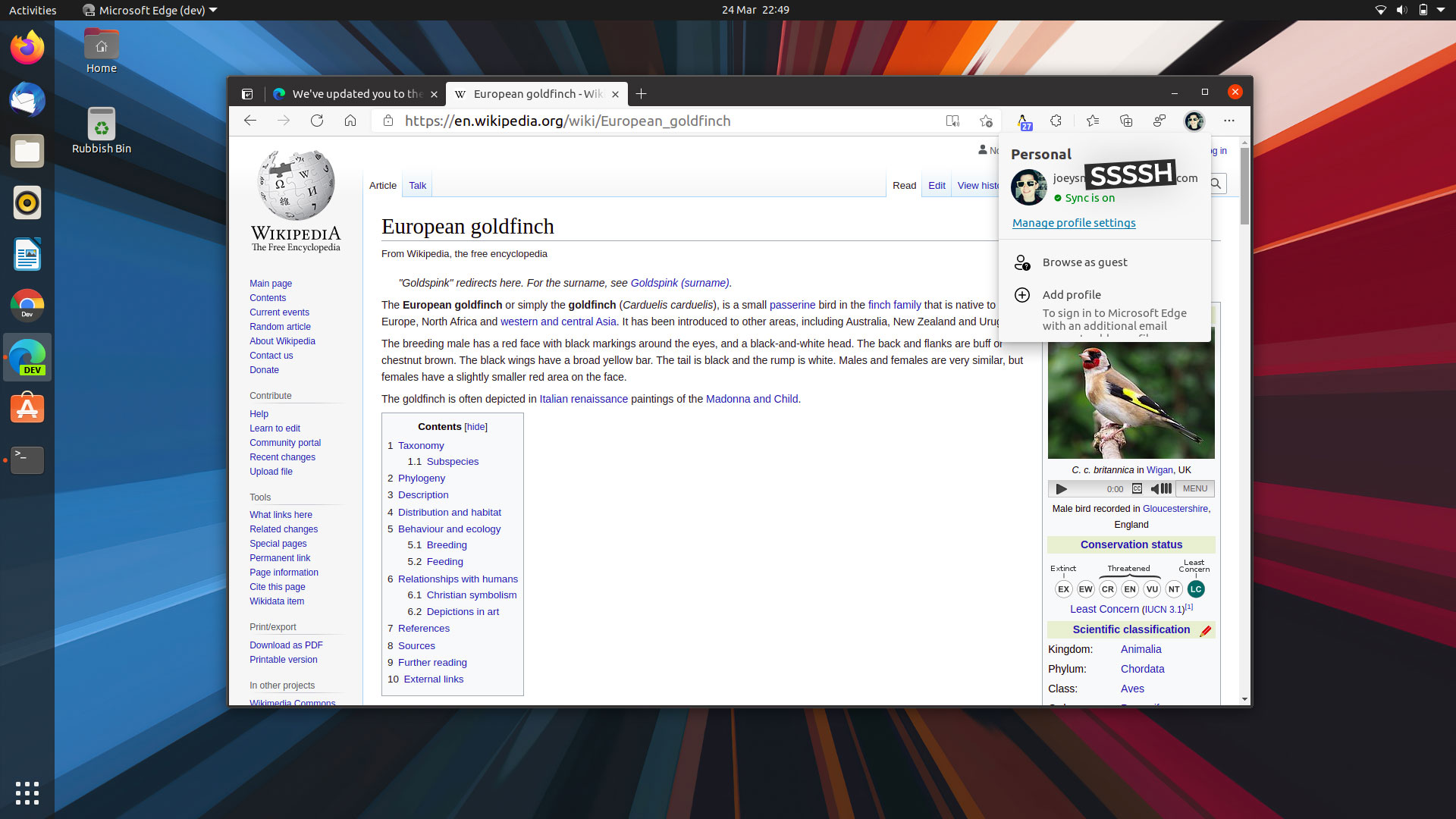
Does the process you outline work for raspberry pi os 64bit beta installs or only the default 32bit installs? It should work on both the 64bit and 32bit, you might even get better performance with the 64bit, however, because it is beta, it may be buggy. Feel free to ask any additional questions here I am happy to answer. This is user vs system memory allocation. Now I am unsure, but you may run into an issue which can be resolved by changing memory allocation in the linux kernel and then recompiling it, I doubt you will run into that though, however, if you seem to hit a snag during your playtime with this and you get something like "DBUS error" then you need to change the memory allocation in the linux kernal to a 3G/1G split, the raspberry pi linux kernel has a default of 2G/2G.

In regards to your question #2, because edge doesn't have a lot of overhead you get much better performance than you would expect from emulation. I first learned of this process when I was trying to use "wine" to play some old windows games like "starcraft" and "diablo" I would say the performance I got out of it might have been somewhere around that of Pentium II 300MHz, however, while attempting the same thing emulating a full operating system like Windows 95, the performance I got probably equated to that of an x486 66MHz CPU. The process I outlined in my previous post is a form of emulation using the application QEMU, but your not using it to emulate a fully system, so you are able to get much better performance than emulating a full operating system. Because Edge is neither fully open source nor freely distributable, we are all just going to have to wait and see what Microsoft does outside the Enterprise base, keeping the pressure on as much as we Ob

So far, Microsoft's embrace of Edge-Linux (and WSL) has been aligned with (and more or less limited to) the needs of the Enterprise base. Microsoft has announced that Microsoft will support Edge on Apple's M1 SoC, but has not said anything (to my knowledge) about support for Linux on Broadcom's BCM-series SoC. I did listen to a podcast a month or so ago in which a Microsoft spox said that Microsoft may extend support to additional distros after Stable is released, but "may" doesn't mean "will". If Microsoft has plans to support additional distros in the future, Microsoft has not announced those plans.

Microsoft Edge supports Edge on Ubuntu, Debian, Fedora, and openSUSE distros, the same distros for which Microsoft supports WSL.

Didn't hear anything back so I assume this is not in the plans right now." I did provide feedback as suggested to the Edge team.


 0 kommentar(er)
0 kommentar(er)
